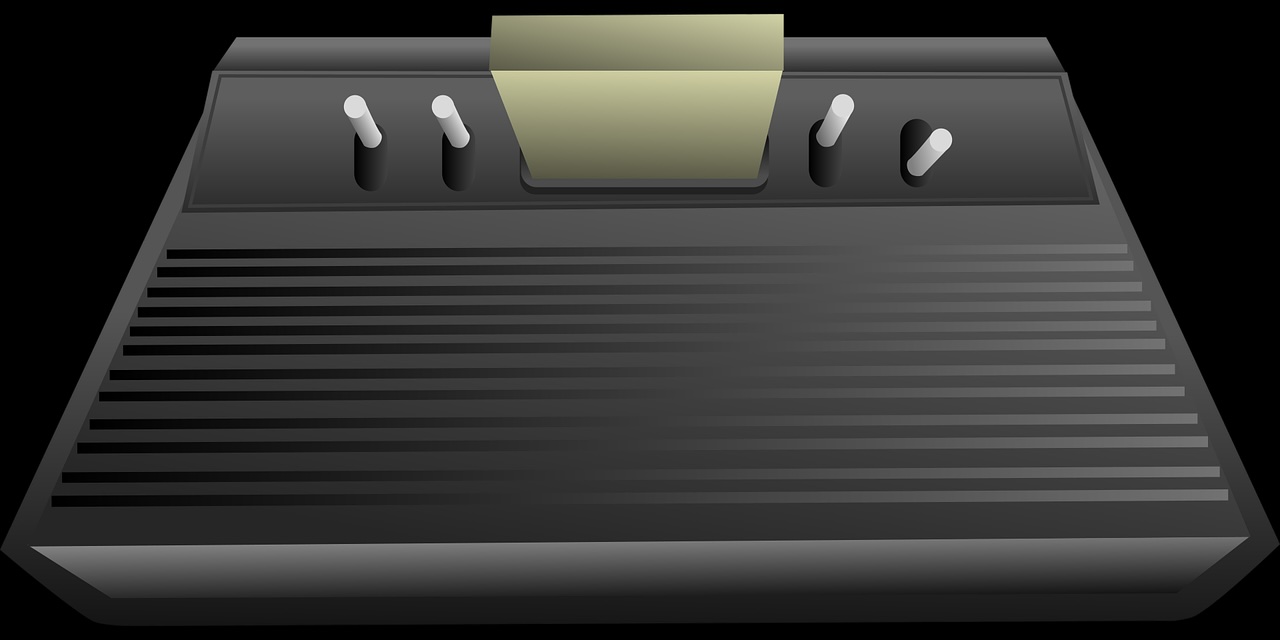The concept of game ownership has rapidly changed over the last decade. Traditional game ownership meant holding a physical copy of the game. But in these modern gaming days, physical copies of games are rarer and rarer.
The emergence of cloud gaming has had a massive impact on gaming, mostly good, but many gamers call into question game ownership and what it means.
We’ll explore.
The Evolution of Gaming Platforms
From physical cartridges to discs all the way to digital downloads, physical game copies have taken many forms over the years. While it was always exciting to carry home that brand new game and unpackage it, the downsides were plentiful. You couldn’t update the game, at least not easily. You had to wait to obtain the game. The game could have errors in the vessel.
In the early 2000s, companies like G-cluster created basic cloud gaming capabilities. The problem then was that the Internet wasn’t where it needed to be to support the concept.
It was teh late 2010s where we saw a major turning point in the advancement of cloud gaming. Google announced a since shut-down Stadia. Microsoft came in hard with Xbox Cloud Gaming. There was Amazon Luna. Cloud gaming was in its wild, wild west days, no doubt.
These major transitions were incredibly exciting times and remain so. But questions regarding who owns what have persisted over the last few years.
Cloud Gaming: Ownership vs. Convenience
We often hear, convenience comes with the price of inconvenience. Or maybe I just made that up. But it is fitting.
There are many conveniences to cloud gaming.
For starters, cloud gaming makes games way more accessible. You no longer need a massive PC or console to play the latest game. So long as you have a decent internett connection, you can play. This lowers the entry barrier in gaming significantly for many. And this is one of the biggest plays in cloud gaming because this also means more gaming industry revenue as a whole.
But there is a trade-off.
In reality, you don’t “own” any of these games, per se, anymore. You access them through cloud services. If the cloud service gets into a contract dispute with a gaming company, that title may well go to the wayside and you can’t play it (at least, on that service). If the cloud service doesn’t allow the content of that game, you’re out of luck.
Moreover, cloud gaming makes you super dependent on high-speed internet. Yes, I know, we’re entering an age where many of us take high speed internet connections for granted. But that doesn’t mean you won’t be put in a position where your internet connection isn’t up to par. It happens a lot. And when you use cloud gaming, you can’t do much to help the situation other than find a faster connection.
Then there’s the cost issue. The monthly fee adds up over time. If you stop subscribing, you lose access to the games. Furthermore, popular titles can rotate in and out of the service’s library.
And then there’s the big fear which we’ve already seen play out. If a cloud service shuts down (like Google Stadia did for many early adopters), you lose access to everything you “owned” on that platform.
Conclusion
Buying games (digitally or physically) offers a sense of permanence. You’ll always have them, even if your favorite console or PC ages out. It allows for the option to resell or trade the game.
But those days are seemingly coming to an abrupt halt.
With services like Xbox Game Pass, you gain entry to a large library of games for a monthly price. This offers excellent value, especially for trying new titles.
